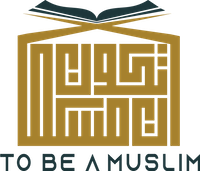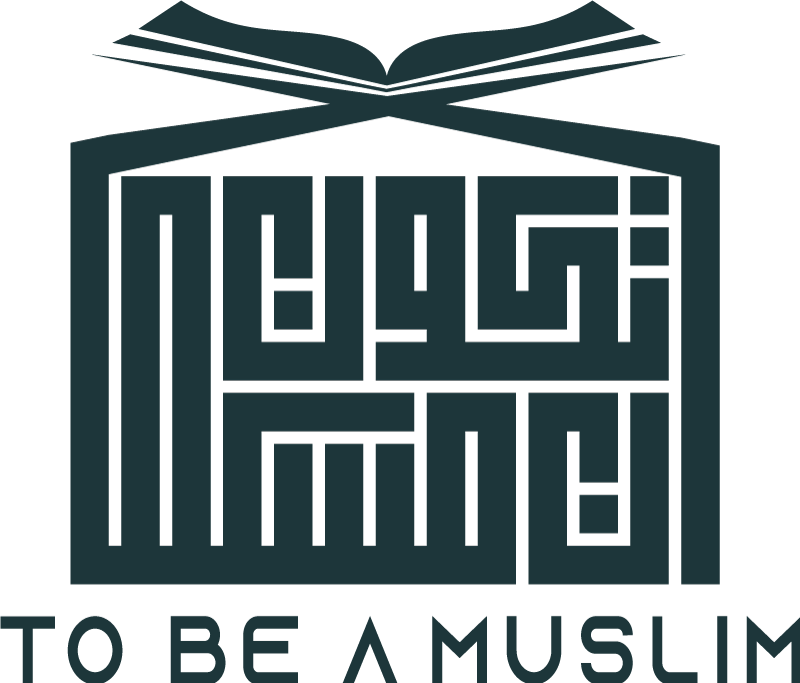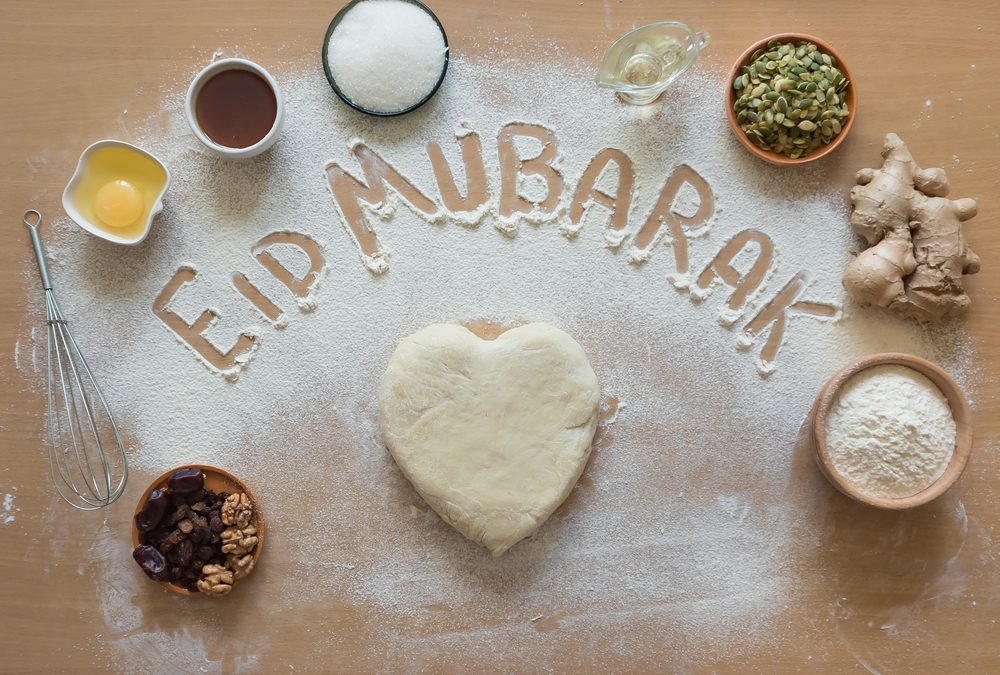
Eid Occasion and Prep
The Arabic word عيد (ʿīd) means ‘festival’, ‘celebration’, ‘feast day’, or ‘holiday’. There are two Eid celebrations in Islam. The ‘lesser’ Eid el-Fitr holiday and feast which comes the day after the ramadhan fasting month and the ‘bigger’ Eid al-Adha, the ‘Feast of the Sacrifice’ which is in honour of the immense faith represented by the willingness of prophet Ibrahim(a) (Abraham) to sacrifice his son Ismail (Ishmael) as an act of obedience to God’s command. Eid al-Adha falls on the 10th day of Dhu al-Hijjah Islamic calendar month, and lasts for four days.
The 10 Days Before Eid al-Adha
Like ramadhan’s nights are a special time and prelude to the Eid al-Fitr celebration, so also the 10 days prior to Eid al-Adha are special days. The most special days of the year.
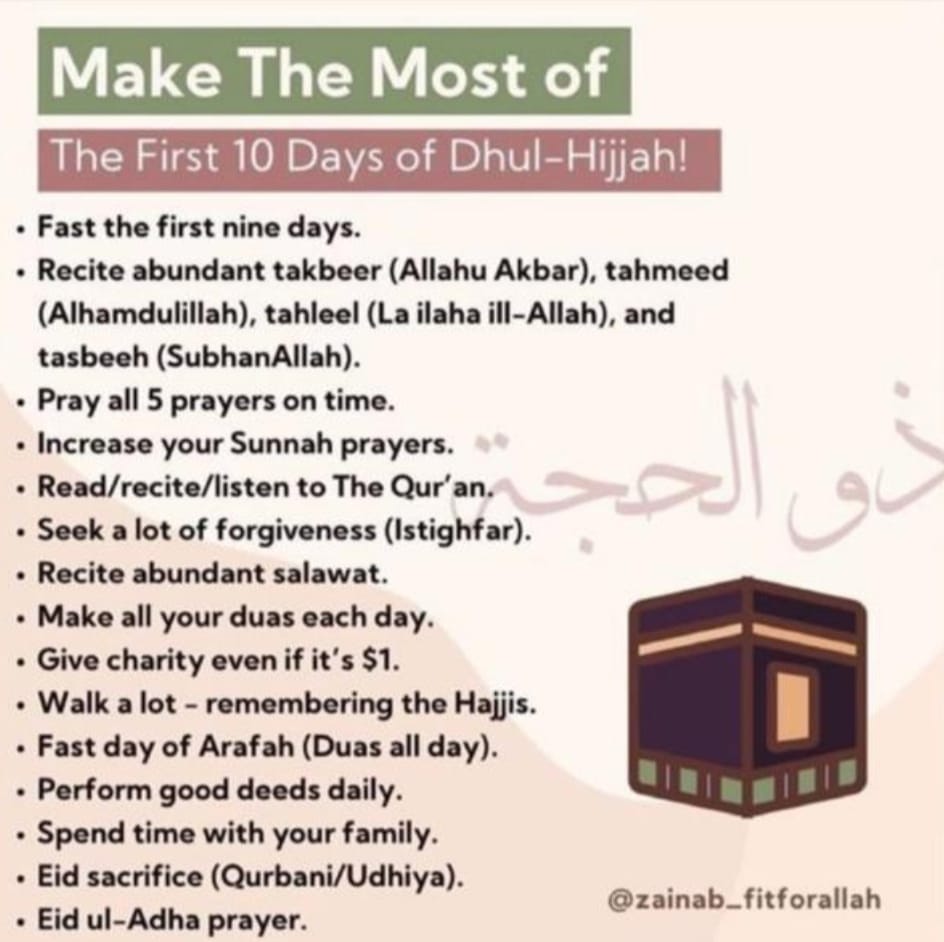
Fasting the day before, day of Arafat
The day before Eid, day of Arafat is recognized to be the best day of the year and it is a day Muslims try to fast.
Qurbani
A goat, sheep or ram or one-seventh part of a cow or a whole cow is slaughtered for every adult in the household. The meat is divided into three parts with one for the poor, the second for friends and neighbors and the third for the household. In countries and situations where the slaughter may be difficult, it may be done remotely through sites like https://www.qurbani.com/.
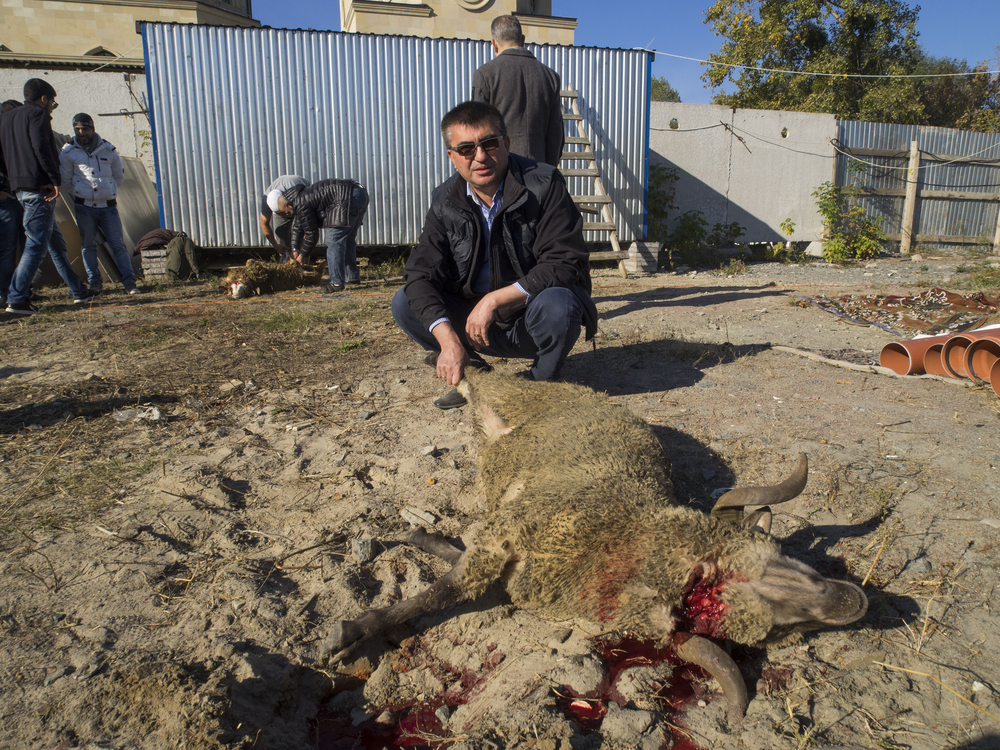
Eid Congregational Prayers
Both Eids are marked with the observation of special congregational two rakaah prayers held at Mosques and designated prayer grounds in the community.
The Takbir
During Eid al-Adha, there is chanting of the takbir out loud before the Eid prayers on the first day and after prayers throughout the four days of Eid.
The takbir consists of:
| الله أكبر الله أكبر الله أكبر لا إله إلا الله الله أكبر الله أكبر ولله الحمد | Allāhu akbar, allāhu akbar, allāhu akbar lā ilāha illā-llāh allāhu akbar, allāhu akbar walillāhi l-ḥamd[a] |
Quranic reference for Eid al-Adha:
100 “O my Lord! Grant me a righteous (son)!”
Quran, surah 37:100–112
101 So We gave him the good news of a boy ready to suffer and forbear.
102 Then, when (the son) reached (the age of) (serious) work with him, he said: “O my son! I see in vision that I offer thee in sacrifice: Now see what is thy view!” (The son) said: “O my father! Do as thou art commanded: thou will find me if Allah (God) so wills one practicing Patience and Constancy!”
103 So when they had both submitted their wills (to Allah), and he had laid him prostrate on his forehead (for sacrifice),
104 We called out to him “O Abraham!
105 “Thou hast already fulfilled the vision!” – thus indeed do We reward those who do right.
106 For this was obviously a trial–
107 And We ransomed him with a momentous sacrifice:
108 And We left (this blessing) for him among generations (to come) in later times:
109 “Peace and salutation to Abraham!”
110 Thus indeed do We reward those who do right.
111 For he was one of our believing Servants.
112 And We gave him the good news of Isaac – a prophet – one of the Righteous.
